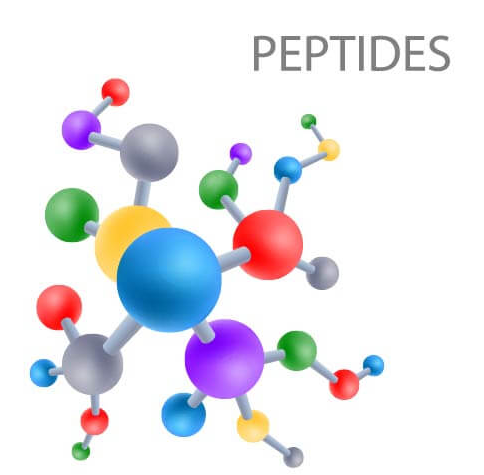In recent years, peptides have garnered significant attention in the health and wellness sector for their potential benefits. Peptides are short chains of amino acids that are the building blocks of proteins in the body. They play a pivotal role in various biological processes, including hormone production, cell signaling, and muscle repair. However, as with any supplement, it is important to weigh both the benefits and potential risks associated with their use.
Benefits of Peptides
Promoting Muscle Growth: Peptides such as creatine peptides and collagen peptides are popular among athletes and bodybuilders for their role in muscle growth and repair.
Anti-Aging Properties: Collagen peptides, in particular, are known for their skin health benefits, potentially reducing wrinkles and improving skin elasticity.
Enhancing Recovery: Certain peptides may speed up the recovery process after injury by promoting tissue repair and reducing inflammation.
Weight Management: Some peptides have been shown to stimulate the release of hormones that can increase metabolism and lead to weight loss.
Bone Health: Peptides can also contribute to bone health by promoting bone formation and reducing the risk of fractures.
Potential Risks and Considerations
Regulatory Oversight: In many regions, peptides fall into a gray area of regulation, which means their production is not always standardized or closely monitored.
Side Effects: Depending on the type of peptide and the individual’s health, there can be side effects ranging from mild (such as water retention) to more severe.
Long-Term Effects Unknown: There is still much research to be done to fully understand the long-term effects of peptide supplementation.
Interactions with Medications: Peptides can interact with other medications, which could potentially lead to adverse effects.
Quality and Purity: With the market flooded with various peptide supplements, the quality and purity of these products can vary, which can affect both their efficacy and safety.
What to Consider Before Using Peptides
Consult a Healthcare Professional: It is crucial to consult with a healthcare provider before starting any new supplement regimen, especially one involving peptides.
Purpose and Need: Assess whether the intended use aligns with your health goals and if there are alternative, possibly safer, ways to achieve the same outcome.
Research: Look into scientific studies and clinical trials to understand the potential benefits and risks of the specific peptide you are considering.
Source: Ensure you are obtaining peptides from a reputable source that offers transparency about the product’s ingredients and production methods.
In conclusion, while peptides may offer various health benefits, it is essential to approach their use with caution. Thorough research, consultation with healthcare professionals, and careful consideration of the quality and source of peptide supplements are imperative steps before incorporating peptides into your health routine. As with any supplement, it is the balance of potential benefits against possible risks that will guide an individual’s decision to use peptides.
This article was written by a peptide professional from Domestic Peptides. Looking for High-Quality Peptides and Research Chemicals for sale? Well, look no further. Welcome to Domestic Peptides where you’ll find a huge selection of Research Peptides for sale and Research Chemicals for Sale, all made in the USA. Click Here to learn more.


